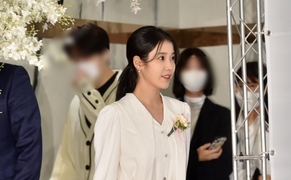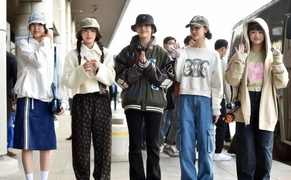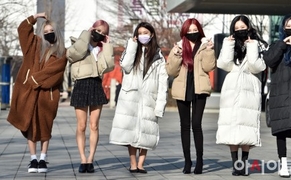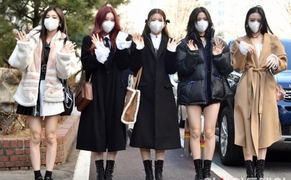 |
By AsiaToday reporter Kim Ji-soo & PD Kim Yoo-min - AsiaToday held an interview with Dr. Akima Umezawa, the deputy secretary general of the Trilateral Cooperation Secretariat (TCS), to discuss relations among South Korea, China, and Japan.
Dr. Umezawa shared that the establishment of comfort women foundation will take us another step forward towards solving Korea-Japan issues.
[Full Interview Transcript]
Pastreich:
My name is Emanuel Pastreich, the director of The Asia Institute. I'm here today at Asia today and we're going to consider the question of how Korea and Japan are working to improve their cooperation, relations, and exchanges. I have with me today a special guest, Dr. Akima Umezawa, the deputy secretary general of the Tilateral Cooperation Secretariat (TCS) – an organization run by the governments of Japan, Korea and China, here in Seoul to coordinate relations and cooperation.
Welcome, Mr. Umezawa.
Umezawa:
Good morning. I'm very glad to see you and to have been provided this opportunity.
Pastreich:
Let's talk in general about Japanese perspectives on the potential for cooperation in East Asia. We know there have been great efforts made on the parts of Japan and Korea to improve relations and find opportunities for cooperation. What is the Japanese thinking about these efforts and what do you think the prospects are for the future?
Umezawa:
The prime achievement –recent achievement – between Korea and Japan is the agreement reached at the end of last year (2015) to effectively resolve the long-term issue of the Korean comfort women. Two months ago, Japanese foreign policy report said that bilateral relations have significantly improved since the settlement of this long-time issue. I think the accumulation of the willingness to move forward is a good movement for cooperation that is fruitful. We will move in the best way and a good way. We will continuously work to establish good relations and to move towards prosperity.
Pastreich:
Can you give a specific example of the new efforts for cooperation between Japan and Korea?
Umezawa:
After the settlement of the agreement, both sides made their best efforts, first, to establish a foundation. It's a good movement. Usually, we have a political agreement, but the implementation where everyone is busy. But both sides have made a good effort, and I firmly believe that establishing a foundation takes us another step forward towards solving this issue.
Pastreich:
Your offices, the Trilateral Cooperation Secretariats, cover Korea and Japan but also includes China as well. So what are the perceptions of this larger issue of China-Korea-Japan cooperation in Japan?
Umezawa:
Thank you very much for that question. I would refer to the annual foreign policy report released just two months ago that states Japan and China share responsibility for regional and international peace and stability, stressing the importance of dialogue and cooperation at the various levels. This is the Japanese perspective. I have already explained the Japan-Korea relationship from the Japanese viewpoint. The Japanese side has always tried to encourage talks and dialogue. Such kind of dialogue and talks assure real progress. We see that in the settlement of the comfort women issue.
Pastreich:
Looking forward, what do you think that needs to be done to establish closer ties between Korea and Japan, and also in the region of Korea, Japan and China?
Umezawa:
One of the successful achievements is that 3 government established twenty ministerial level dialogues mechanisms.
Pastreich:
Interesting. China, Japan and Korea?
Umezawa:
Yes. If top leaders are meeting – the prime minister, for example, we will have also twenty meetings on specific economic and social issues. We had laid the foundation to create a good movement at the political level. And we've already accumulated the social and grassroots cooperation we need. I hope and believe that at the end of the day, we will have cooperation amongst the countries.
Pastreich:
Now let us talk a bit more about how the Japanese perceive the relationship. There is a history in Japan of some people feeling they wanted to be affiliated with the West, and to have a little bit of distance from China and Korea. Today, how do Japanese people perceive their cultural ties with Korea and China?
Umezawa:
The first point is that China is the largest trade partner of Japan. And Korea is the sixth largest trade partner. Of course the second largest is the United States. Of course we focused on Europe and the United States previously. But when we look at the actual state of our economy, there is inevitable push to increase cooperation with Korea and China. We have some commonality of culture. That means we can make better cooperation in the future.
Most Read
-
1
-
2
-
3
-
4
-
5
-
6
-
7





















